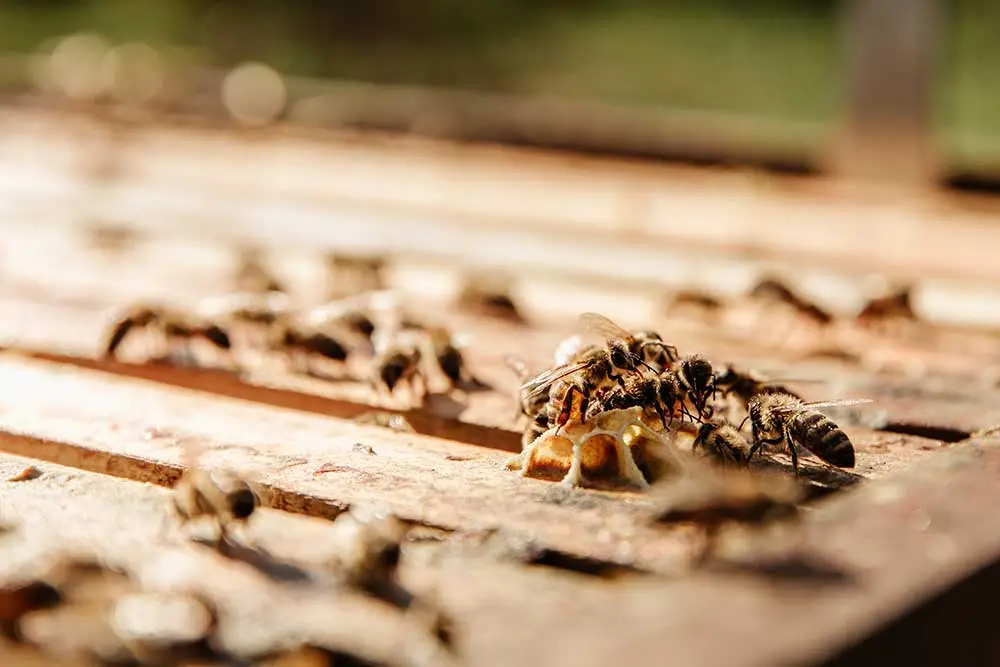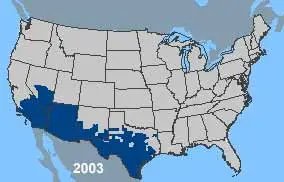
There is an interesting history to Africanization of Arizona’s European Honey Bees. The Africanized bee arrived in Southern Arizona in 1993 after a long northward migration from Brazil. The Africanized Honey Bee is a hybrid of the Tanzanian Honey Bee from Africa and the European Honey Bee.

The two methods by which the Africanized bee spread across South America, Mexico, and the Southern United States were:
- European Queens mating with Africanized drones (male honey bees) flying in the area where the virgin queen is taking her mating flight. This creates a new generation of Africanized bee offspring.
- Africanized Honey Bees sneaking into and taking over European Honey Bee Colonies, sometimes killing the queen and planting their own.
Africanized Bees in Phoenix & Tucson
In the Phoenix and Tucson areas, housing replaced farmland and beekeepers lost locations to run apiaries of European bees. With the loss of these apiaries (bee yards), there were fewer and fewer European swarms coming from beekeepers’ boxes to provide a supply of European bees. At the same time, new Queens from the wild European colonies existing around the cities and deserts mated with Africanized drones and colonies headed by these queens quickly became Africanized as the new generations all carried the Tanzanian DNA.
Over more than 20 years of this transition from European to Africanized Honey Bees, virtually all unmanaged (wild) honeybees in the southern half of Arizona have become Africanized. There are only two methods to identify Africanized bees, microscopic measurement of bee body parts and DNA testing. Therefore, all honey bees in the southern half of Arizona should be assumed to be Africanized.
We are beekeepers and have specialized in professional bee removal since 1998. We thoroughly train our technicians so they can address any bee or wasp problem you may have.
Call us today or use our online form to schedule an appointment today!
